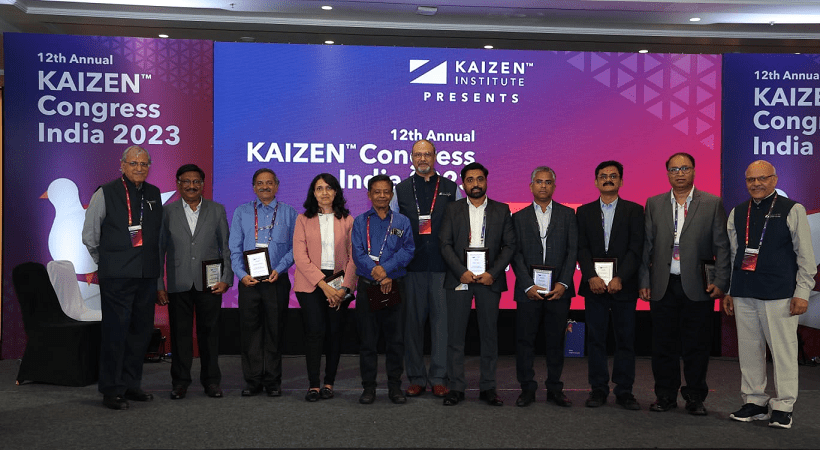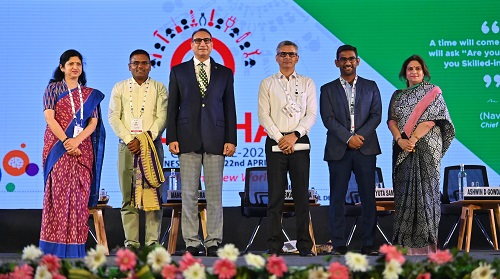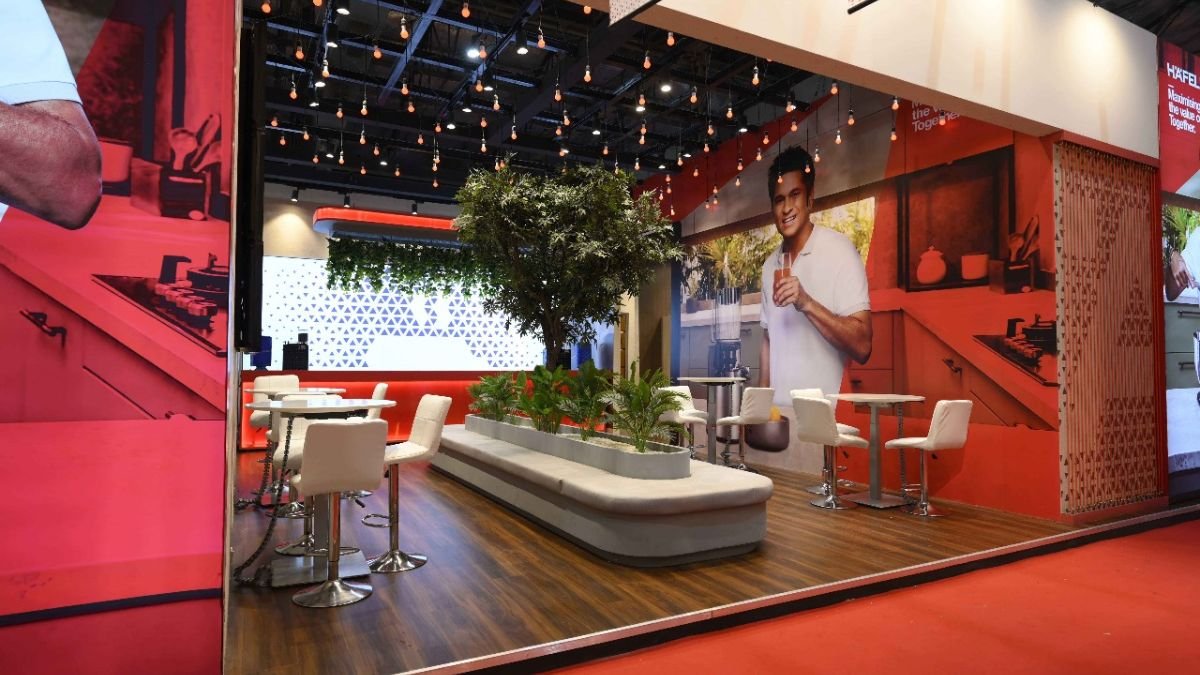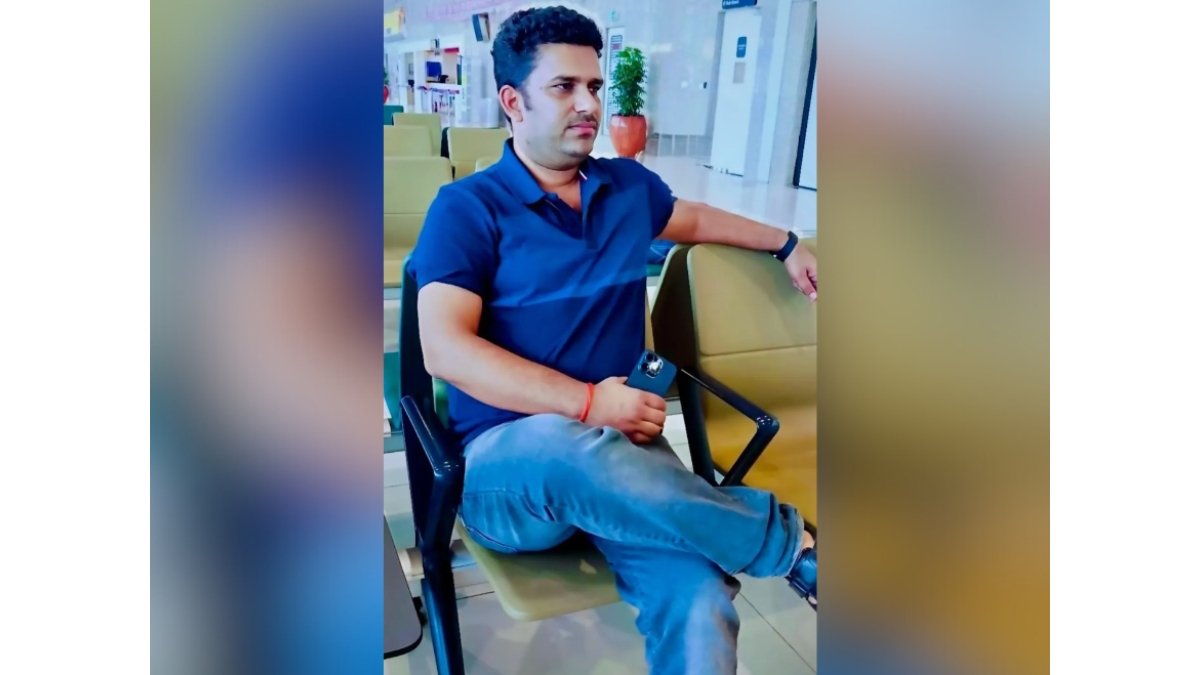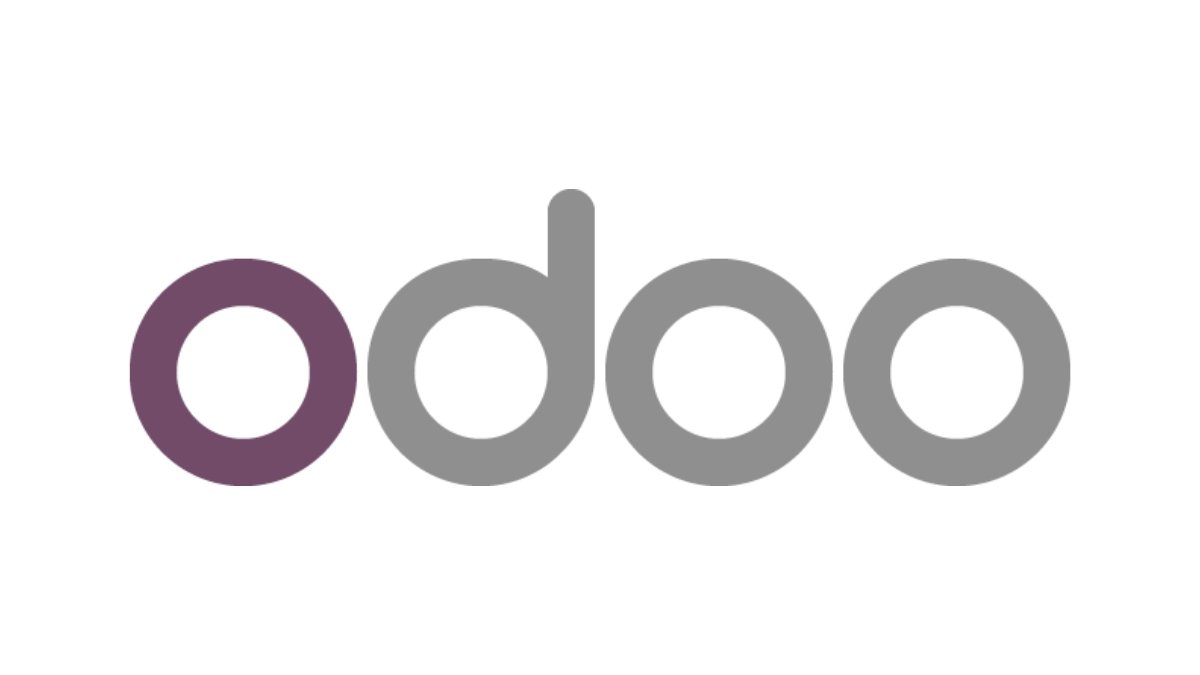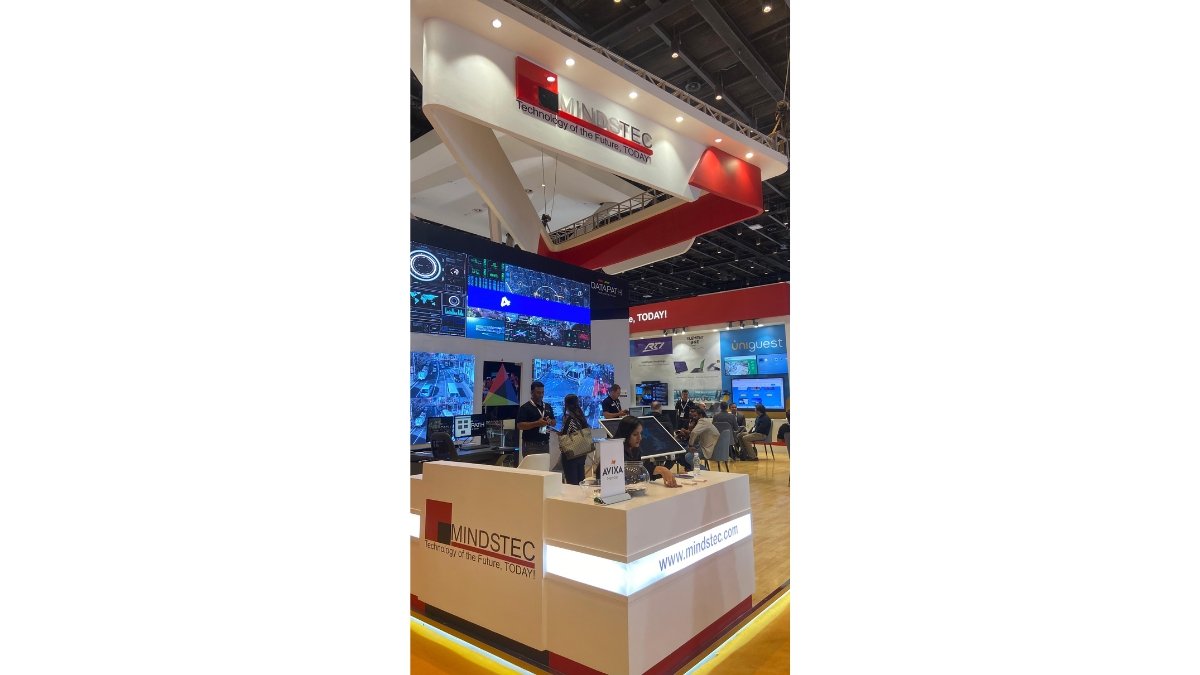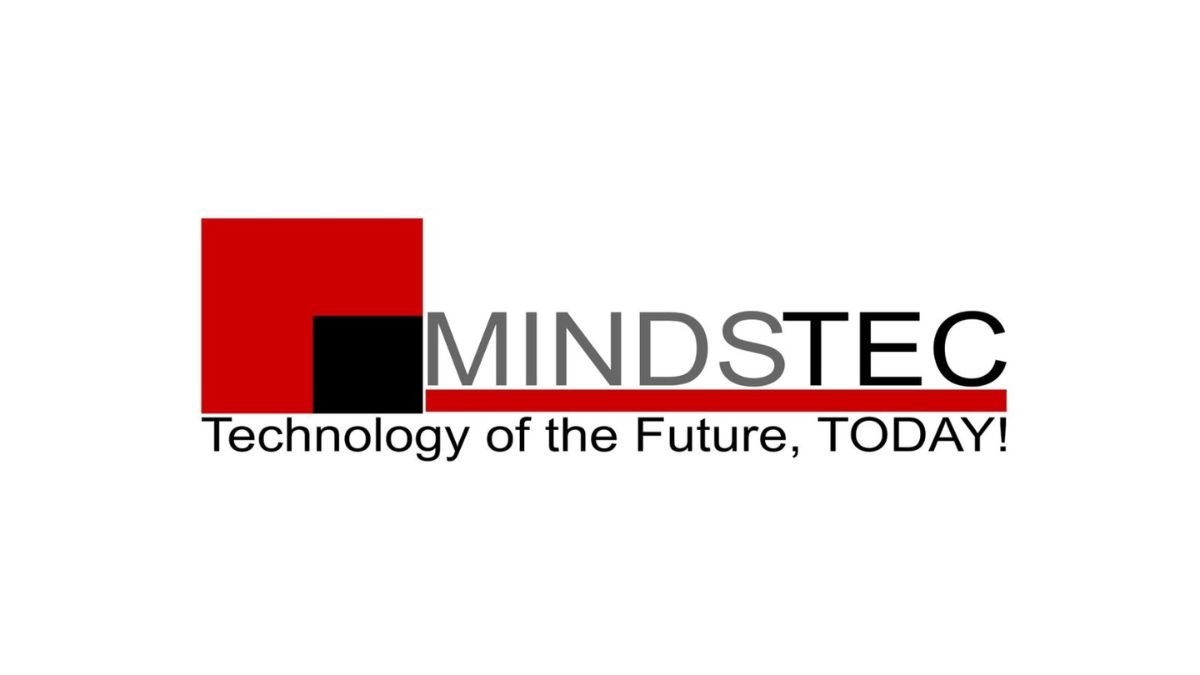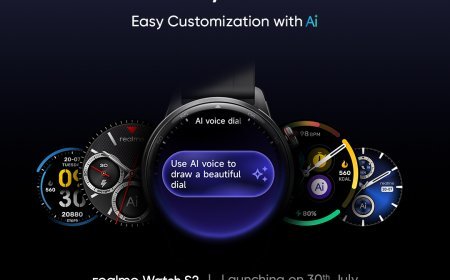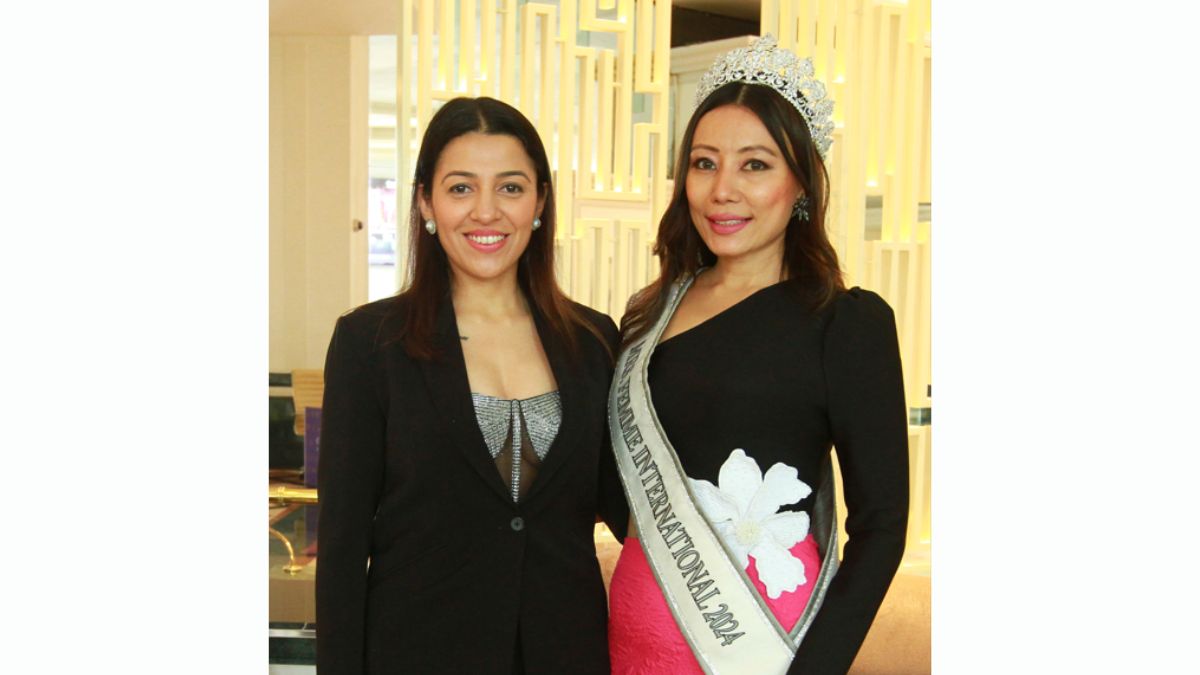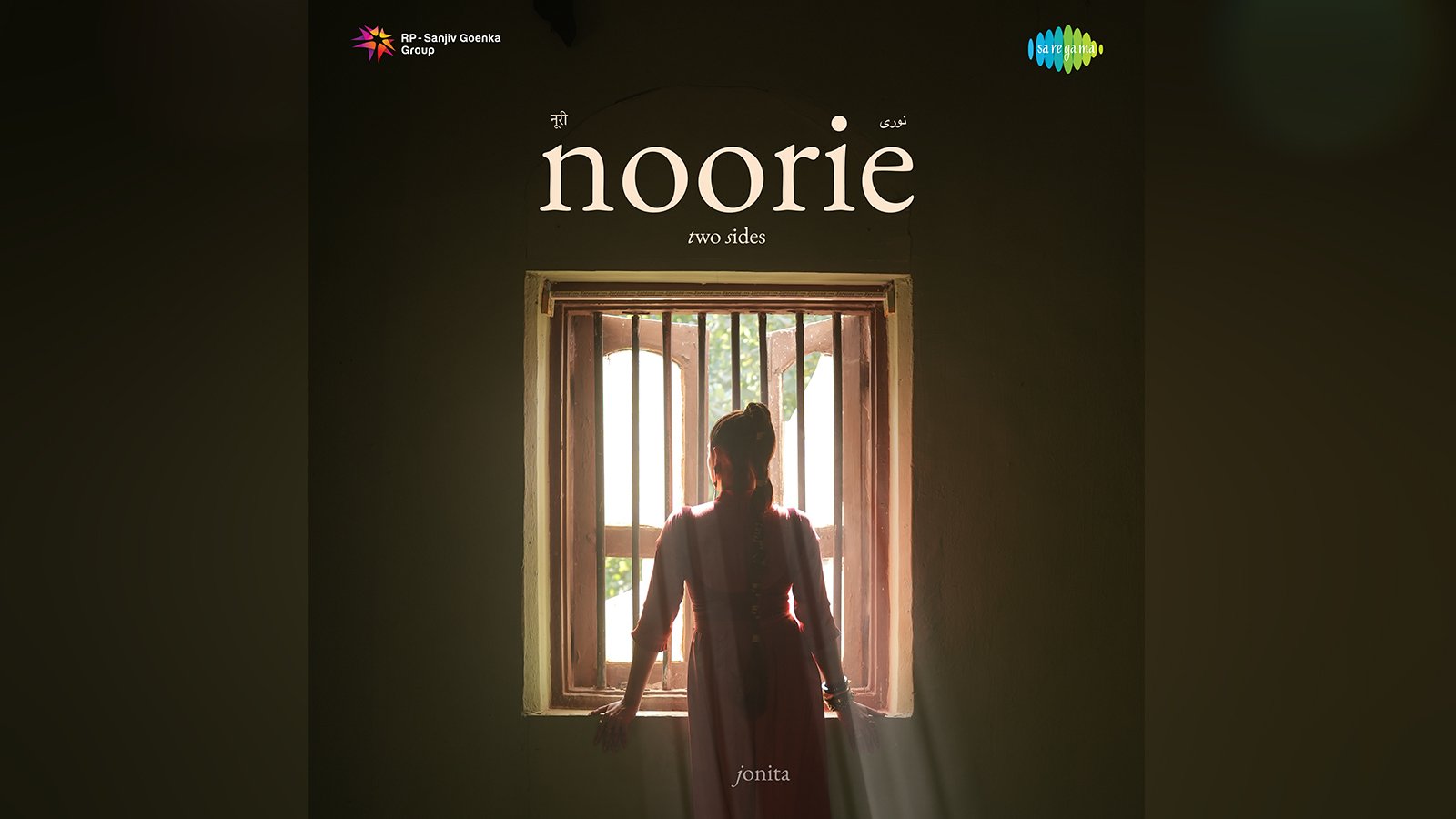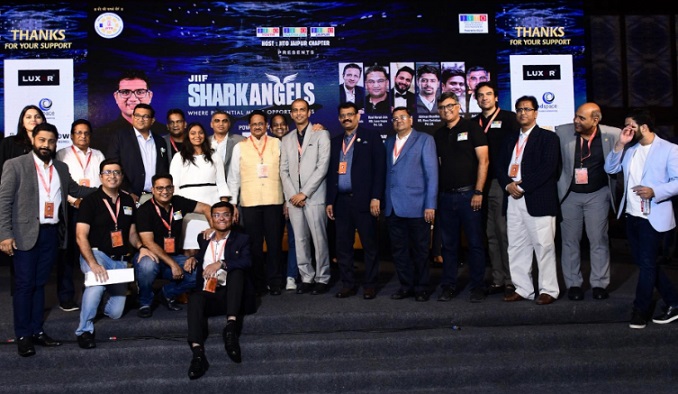The future of HR lies in Business Acumen and Strategic Partnership with Executives: Tabrez Khan, Bira91
New Delhi [India], December 11: The corporate world is undergoing a rapid transformation, driven by technological advancements, globalisation, and shifting workforce demographics. The evolution of Human Resource practices is critical in adapting to this dynamic landscape, playing a pivotal role in shaping the future of work. In recent years, HR practices have transitioned from merely [...]

New Delhi [India], December 11: The corporate world is undergoing a rapid transformation, driven by technological advancements, globalisation, and shifting workforce demographics. The evolution of Human Resource practices is critical in adapting to this dynamic landscape, playing a pivotal role in shaping the future of work. In recent years, HR practices have transitioned from merely focusing on administrative functions to prioritising employee experience. Modern day HR experts act as a business partner, develop deep business acumen, and embody roles beyond administration, serving as an emotional anchor, counsellor, and conscience keeper.
Transformative Journey
Tabrez Khan, Associate Director and National HR Business Partner (Manufacturing and Supply Chain) at Bira91 shares insights from his journey as an HR professional by saying “My journey as an HR has been incredibly rewarding and transformative, with a deep curiosity about people, what motivates or challenges them,and how they find inspiration in their work. Over the years, I have worked across various industries and roles, which has given me a holistic perspective on how HR can impact people’s lives and shape organisational success. From fostering career growth to helping individuals navigate challenges, HR is where people and business intersect. The turning point in my career was the realisation that HR is not just about policies and payroll but about driving culture, aligning people’s strategies with business goals, and being a trusted advisor to both employees and leadership.”
To be a true business partner, HR professionals must deeply understand the business’s operations, goals, and challenges by performing beyond traditional HR responsibilities to develop expertise in the industry, market trends, and customer needs. At Bira91, understanding the nuances and complexities of the business allows in designing strategies that directly support the mission of providing flavourful beers to Indian consumers. It’s important because businesses are navigating rapid changes from economic shifts, to major technological advancements which necessitates HR to be at the forefront, contributing to strategic decisions with data-driven insights and a people-first perspective. This ensures that HR strategies aren’t reactive but proactive, driving sustainable growth and employee satisfaction in the organisation.
“To meet the futuristic organisational demands, HRs need to develop business acumen skills because without a comprehensive understanding of the business, HR’s contributions will always be limited. HRs must be emotionally intelligent in understanding and managing one’s emotions while empathetically connecting with others. Developing critical thinking and data literacy skills are also essential for interpreting trends, predicting workforce needs, and offering actionable insights. Additionally, HR professionals must hone their coaching and mentoring skills to support employees and leaders alike. Finally, HRs must be adaptable as the business landscape evolves, HR must continuously adapt, learn, and innovate to stay relevant and impactful,” suggests Mr. Khan.
Comprehensive Role of HRs with Organisational Support
As workplaces become more complex, HR professionals serve as emotional anchors, helping employees navigate uncertainty and stress. As a counsellor, HRs offer guidance which includes not just career advice but also overcoming personal and professional crises. HR’s role as a conscience keeper is perhaps the most critical as they ensure that organisations remain ethical, inclusive, and human-centred, even as they pursue ambitious goals. This involves standing firm on values, fostering a culture of trust, and championing integrity at every level.
To utilise the comprehensive role of HRs, organisations must actively invest in HR development through training, cross-functional exposure, and leadership opportunities. Rotational programs where HR professionals work in different departments can significantly enhance their business understanding. Business leaders must also view HR as a strategic function, involving them in key decision-making processes and valuing their input. When organisations empower HR to drive change, it fosters a culture where HR can thrive as true business partners.
In today’s competitive corporate landscape, HRs must embrace the opportunity to lead with purpose. They must be curious, ask questions, and never stop learning about people, businesses, and oneself. HR is about building connections and creating environments where people can do their best work. By balancing empathy with strategy, and values with vision, HRs can shape not just careers but the entire organisation.
If you have any objection to this press release content, kindly contact pr.error.rectification@gmail.com to notify us. We will respond and rectify the situation in the next 24 hours.







